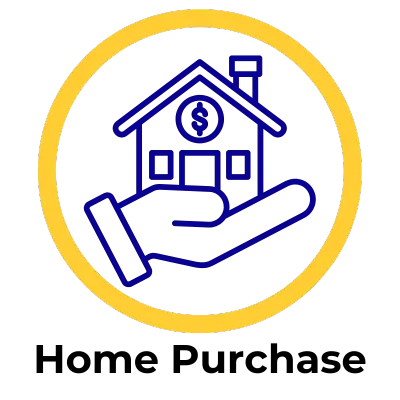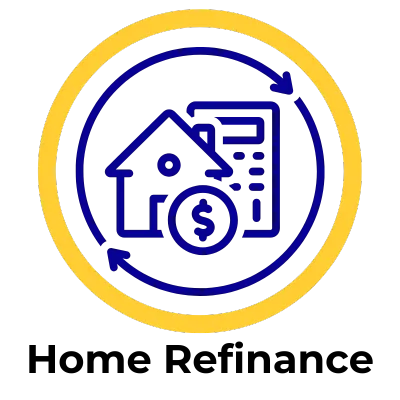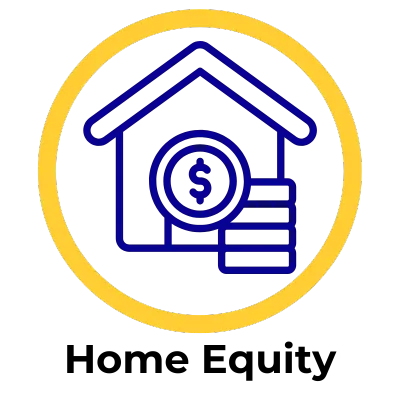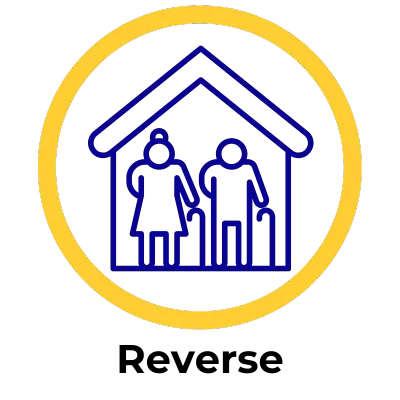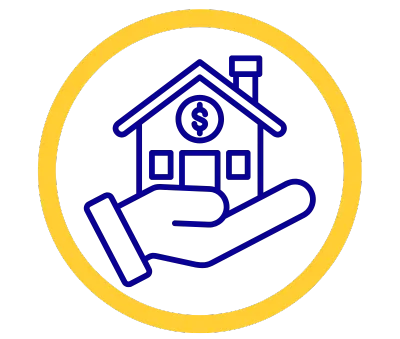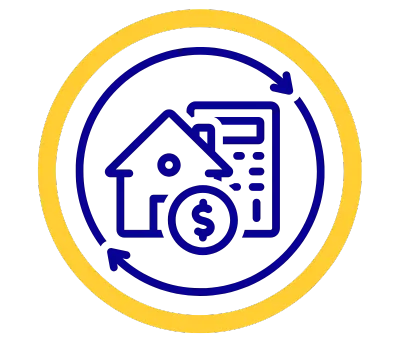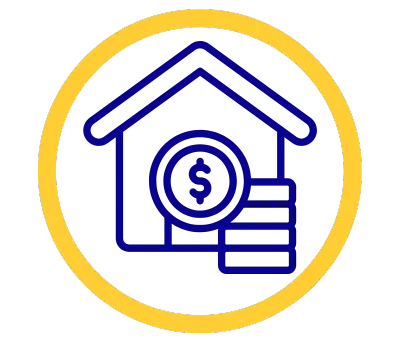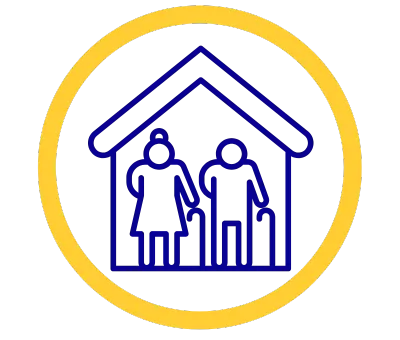Conventional
Take the next step towards homeownership
Competitive interest rates
Various down payment options
Flexible terms to suit your needs
888-549-1005
Call for a Free Mortgage Saving Report
No Credit Checks Required
Find Your Perfect Mortgage Match – Let’s Get Started!
Conventional
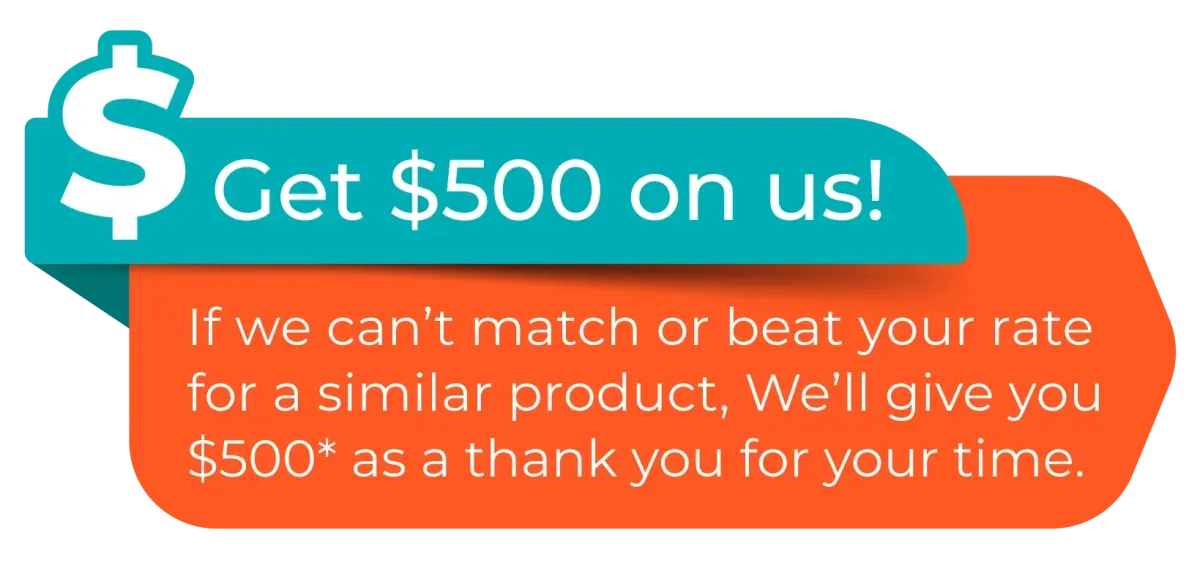
Or Get a Free Rate Quote
1800-725-9946
Take the next step towards homeownership.
Competitive interest rates
Various down payment options
Flexible terms to suit your needs
888-549-1005
Call for a Free Mortgage Saving Report
No Credit Checks Required
Unlock the Best Conventional Loan Deals — Faster Approvals, Lower Costs, and Bigger Savings!
Lower Down Payments: Keep more cash in your pocket while moving into your dream home.
Lightning-Fast Pre-Approvals: — Get approved quickly and start house hunting with confidence.
Super Competitive Interest Rates: — We negotiate the best rates to lower your monthly payments and save you thousands.
Smooth & Stress-Free Process: — Our loan experts handle the paperwork and walk you through every step with ease.
Flexible Loan Terms to Fit Your Budget: — Customize your loan to meet your financial goals and lifestyle.
Lower PMI Costs or Get Rid of It Sooner: — We help you minimize or eliminate Private Mortgage Insurance to maximize your savings.
Find Your Perfect Mortgage Match – Let’s Get Started!
Start with our Mortgage Approval Tool!
Our Service Commitment

No Hidden Fees: We believe in clear and upfront communication about all costs associated with your mortgage.
Tailored Solutions: Our advisors work closely with you to find mortgage solutions that are customized to your financial situation.
Tailored Solutions: Our advisors work closely with you to find mortgage solutions that are customized to your financial situation.
Get Expert Advise, every time from a licensed loan officer with a suite of products to choose from.
Our Team strives to deliver excellence, reach us day or night about any of your mortgage questions, we’re here for you when you need.
Working with us or just thinking of it, we will always be honest and transparent. No sales targets means way better service!
What Are Conventional?
Conventional loans are a type of mortgage that is not insured or guaranteed by the federal government, unlike VA or FHA loans. They are available to all eligible U.S. citizens and legal residents. These loans are offered through private lenders, such as banks, credit unions, and mortgage companies.
How Does a Conventional Loans Works?
Credit Check
Lenders begin the conventional loan process by conducting a thorough credit check. Your credit score and history are evaluated to determine your creditworthiness, ensuring that you qualify for competitive interest rates. Maintaining a strong credit profile can significantly improve your chances of securing a favorable mortgage.
Income Verification
Income verification is a crucial step in the loan process. Borrowers must provide proof of income through documents such as pay stubs, tax returns, and bank statements. This documentation helps lenders confirm that you have a stable and sufficient income to support your monthly mortgage payments.
Asset Verification
In addition to income, lenders verify your assets, including savings accounts, investments, and other properties. This step is important to assess your overall financial stability and determine if you have the necessary reserves to cover unexpected expenses or future financial needs.
Debt-to-Income Ratio
Your debt-to-income (DTI) ratio is calculated during the application process to ensure that you can manage your current debts alongside the new mortgage payments. A lower DTI ratio indicates that you have a balanced financial situation, which is a key factor in securing a conventional loan.
Down Payment
Conventional loans typically require a down payment ranging from 3% to 20% of the home's purchase price, depending on your financial situation and the lender's guidelines. A larger down payment may help you secure a lower interest rate and reduce or eliminate the need for private mortgage insurance.
Interest Rates
Interest rates on conventional loans can be fixed or adjustable. Fixed-rate mortgages maintain the same interest rate throughout the loan term, providing stability in monthly payments, while adjustable-rate mortgages (ARMs) may start with lower rates that can fluctuate over time based on market conditions.
Private Mortgage Insurance (PMI)
If your down payment is less than 20% of the purchase price, you may be required to pay for private mortgage insurance (PMI). PMI protects the lender in case of default and is typically added to your monthly mortgage payment until you build enough equity in your home.
Final Approval
After all the required documentation is submitted and conditions are met, the lender reviews your complete financial profile for final approval. This final step confirms that you meet all the guidelines for a conventional loan, paving the way for the next phase in the home buying process.
Closing
During the closing stage, you'll sign all the necessary mortgage documents and settle any remaining closing costs. Once the paperwork is completed and funds are disbursed, ownership of the property is officially transferred to you, marking the successful conclusion of the conventional loan process.
Features of Conventional Loans

Lower Interest Rates
For borrowers with good credit scores, conventional loans can offer lower interest rates than some government-backed loans.
PMI with 20% Down
If you can make a down payment of 20% or more, you can avoid paying PMI, which can lower your monthly payment.
Flexibility in Loan Terms
Conventional loans offer a variety of terms, including 10, 15, 20, and 30-year fixed-rate mortgages, as well as adjustable-rate mortgages (ARMs).
Higher Loan Limits
Conventional loans have higher loan limits than FHA loans, allowing borrowers to purchase more expensive properties.
Investment Property and Second Home Financing
Conventional loans can be used to finance investment properties and second homes, which is not always possible with government-backed loans.
Reduced Processing Time
Without the need for government insurance or guarantees, the approval and closing process can be faster with a conventional loan compared to some government-insured loans.
More Property Types
Conventional loans can be used for a wider variety of property types, including condos, co-ops, and multi-unit properties.
Potential for Eliminating PMI
Sellers can contribute up to 6% of the home sale price toward the buyer's closing costs, easing the upfront cash needed.
Benefits of Conventional Loans
Down Payment
Conventional loans require a down payment ranging from 3% to 20% of the home's purchase price, although a down payment of 20% can avoid the need for private mortgage insurance (PMI).
Credit Score Requirements
Borrowers usually need a good credit score, often around 620 or higher, to qualify for a conventional loan. The interest rate offered may also be influenced by the borrower's credit score.
Loan Limits
Conventional loans have maximum loan limits set by the Federal Housing Finance Agency (FHFA). These limits can vary by area and are higher in certain high-cost areas.
Private Mortgage Insurance (PMI)
If the down payment is less than 20%, borrowers will have to pay PMI until they have at least 20% equity in their home.
Loan Terms
Conventional loans offer a variety of terms, including fixed-rate mortgages with terms of 10, 15, 20, 25, or 30 years, as well as adjustable-rate mortgages (ARMs).
Interest Rates
Interest rates on conventional loans are determined by market conditions and the borrower's creditworthiness. Rates can be either fixed or adjustable.
Property Types
Conventional loans can be used to purchase a variety of property types, including primary residences, second homes, and investment properties.
Refinancing Options
Conventional loans offer refinancing options, allowing borrowers to take advantage of lower interest rates or change the terms of their mortgage.
No Government Insurance
Unlike FHA or VA loans, conventional loans are not insured by the government, which means there is more risk for the lender.
Flexibility
Conventional loans offer more flexibility in terms of underwriting guidelines compared to government-backed loans, but they also have more stringent qualification requirements.

Our Service Commitment

Get Expert Advice every time from a licensed loan officer with a suite of products to choose from.
Our team strives to deliver excellence. Contact us day or night with any mortgage questions—we’re here when you need us.
Working with us or just thinking of it, we will always be honest and transparent. No sales targets means way better service!
No Hidden Fees: We believe in clear and upfront communication about all costs associated with your mortgage.
Tailored Solutions: Our advisors work closely with you to find mortgage solutions that are customized to your financial situation.
Available When & Where
You Want!
Across multiple states, our licensed loan officers will help you from application to funding and beyond.
We work on your schedule. With streamlined technology and dedicated support staffing, your mortgage request is always our priority!

Largest Lender Network in Florida, Georgia & Texas




























Available When & Where You Want!
Across multiple states our Licensed Loan officers will help you from the application to the funding and beyond.
We work on your schedule, with streamlined technology and support staffing, your mortgage request will always be a priority!

Book an Appointment
Book an Appointment
See What Our Clients Say About Us!
What is Conventional?
Conventional loans are a type of mortgage that is not insured or guaranteed by the federal government, unlike VA or FHA loans. They are available to all eligible U.S. citizens and legal residents. These loans are offered through private lenders, such as banks, credit unions, and mortgage companies.
How Does a Conventional Loan Works?
Credit Check: The lender will check your credit score and credit history to assess your creditworthiness.
Income Verification: You'll need to provide proof of income through pay stubs, tax returns, and other financial documents.
Asset Verification: Lenders will also verify your assets, including savings, investments, and other property.
Debt-to-Income Ratio: Your debt-to-income (DTI) ratio will be calculated to ensure you can afford the monthly payments.
Down Payment: Conventional loans require a down payment ranging from 3% to 20% of the home's purchase price, depending on the lender and the borrower's financial situation.
Interest Rates: Interest rates on conventional loans can be either fixed or adjustable. Fixed rates stay the same for the life of the loan, while adjustable rates can fluctuate over time.
Private Mortgage Insurance (PMI): If you make a down payment of less than 20%, you may be required to pay PMI until you've built up sufficient equity in your home.
Final Approval: Once all conditions are met, the lender will provide final approval for the loan.
Closing: At the closing meeting, you'll sign the mortgage documents, pay any remaining closing costs, and take ownership of the property.
Conventional loans are a popular choice for borrowers who have good credit and can afford a down payment, as they often offer more favorable terms and interest rates compared to government-backed loans.
Benefits of Conventional
Down Payment: Conventional loans require a down payment ranging from 3% to 20% of the home's purchase price, although a down payment of 20% can avoid the need for private mortgage insurance (PMI).
Credit Score Requirements: Borrowers usually need a good credit score, often around 620 or higher, to qualify for a conventional loan. The interest rate offered may also be influenced by the borrower's credit score.
Loan Limits: Conventional loans have maximum loan limits set by the Federal Housing Finance Agency (FHFA). These limits can vary by area and are higher in certain high-cost areas.
Private Mortgage Insurance (PMI): If the down payment is less than 20%, borrowers will have to pay PMI until they have at least 20% equity in their home.
Loan Terms: Conventional loans offer a variety of terms, including fixed-rate mortgages with terms of 10, 15, 20, 25, or 30 years, as well as adjustable-rate mortgages (ARMs).
Interest Rates: Interest rates on conventional loans are determined by market conditions and the borrower's creditworthiness. Rates can be either fixed or adjustable.
Property Types: Conventional loans can be used to purchase a variety of property types, including primary residences, second homes, and investment properties.
Refinancing Options: Conventional loans offer refinancing options, allowing borrowers to take advantage of lower interest rates or change the terms of their mortgage.
No Government Insurance: Unlike FHA or VA loans,
conventional loans are not insured by the government, which means there is more risk for the lender.
Flexibility: Conventional loans offer more flexibility in terms of underwriting guidelines compared to government-backed loans, but they also have more stringent qualification requirements.

Features of Conventional
Lower Interest Rates: For borrowers with good credit scores, conventional loans can offer lower interest rates than some government-backed loans.
(PMI) with 20% Down: If you can make a down payment of 20% or more, you can avoid paying PMI, which can lower your monthly payment.
Flexibility in Loan Terms: Conventional loans offer a variety of terms, including 10, 15, 20, and 30-year fixed-rate mortgages, as well as adjustable-rate mortgages (ARMs).
Higher Loan Limits: Conventional loans have higher loan limits than FHA loans, allowing borrowers to purchase more expensive properties.
Investment Property and Second Home Financing: Conventional loans can be used to finance investment properties and second homes, which is not always possible with government-backed loans.
Reduced Processing Time: Without the need for government insurance or guarantees, the approval and closing process can be faster with a conventional loan compared to some government-insured loans.
More Property Types: Conventional loans can be used for a wider variety of property types, including condos, co-ops, and multi-unit properties.
Potential for Eliminating PMI: If PMI is required due to a down payment of less than 20%, it can eventually be removed once you reach 20% equity in your home, unlike FHA loans which require mortgage insurance for the life of the loan (unless you put down at least 10%).

RateShop Mortgage LLC is a licensed mortgage broker in FL, GA, and TX.
In accordance with federal law, we do not engage in business practices that discriminate on the basis of race, color, religion, national origin, sex, marital status, or age (provided you have the capacity to enter into a binding contract), nor do we discriminate because any part of your income is derived from public assistance programs, or because you have, in good faith, exercised any right under the Consumer Credit Protection Act. The Federal Trade Commission, Equal Credit Opportunity Division, Washington, DC 20580, is the federal agency responsible for administering these laws.
Copyright 2025. All Rights Reserved Rateshop Mortgage LLC
#1 Voted Mortgage Calculators in Canada
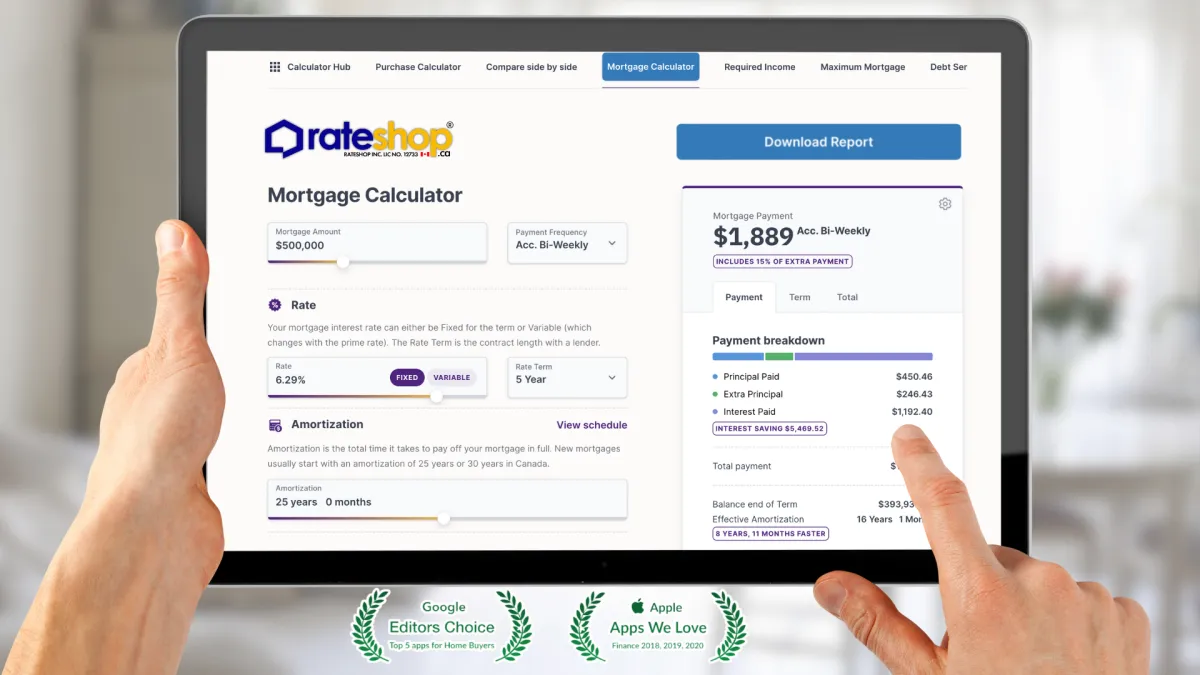
Our Mortgage Experts
Dylan James
Mortgage Agent Level 1
Abdoulaye Sow
Mortgage Agent Level 1
Michael Le Chi
Mortgage Agent Level 1
Heith Gharib
Mortgage Agent Level 1
Sara Fresco
Mortgage Agent level 1

